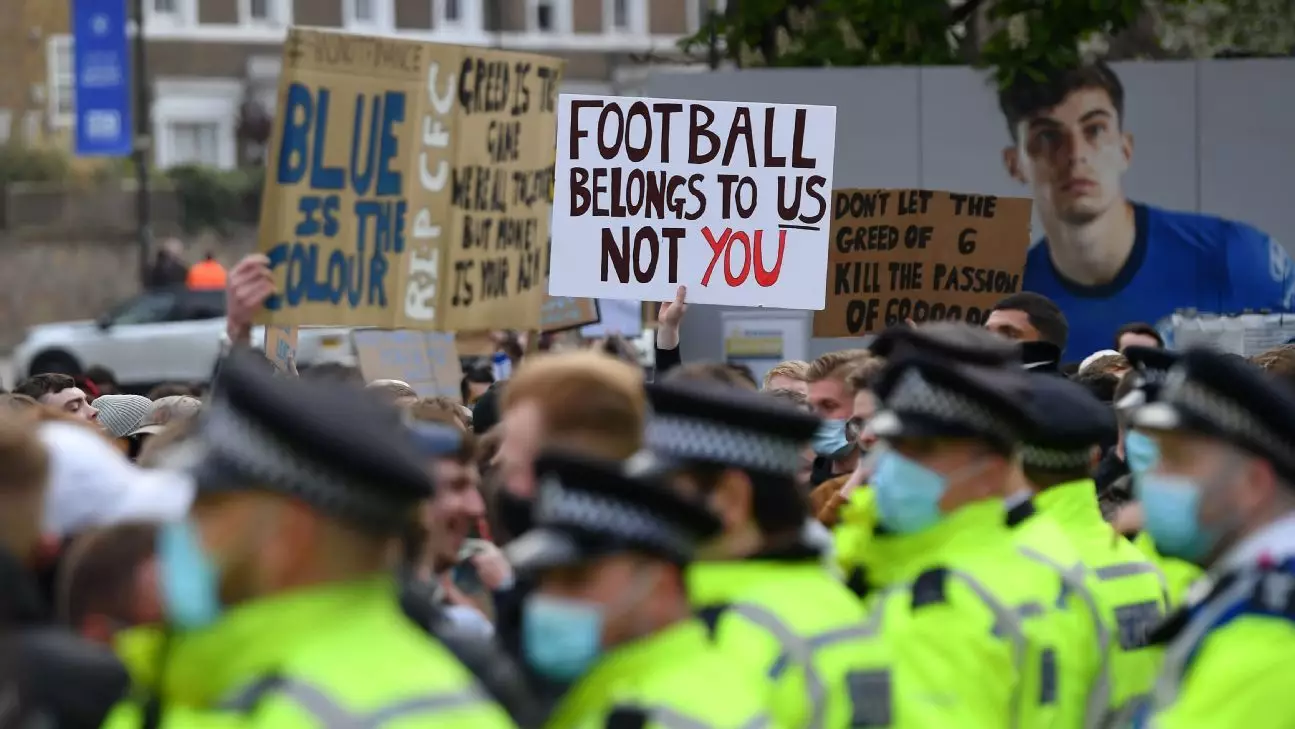A recent legal battle has unfolded in the world of football, as a Spanish judge has ordered FIFA and UEFA to cease their opposition to the European Super League (ESL). The judge, Sofía Gil García, found that the football ruling bodies were engaging in anticompetitive behavior and abusing their dominant position. This ruling signifies a monumental shift in the landscape of European club football.
Judge García ruled that FIFA and UEFA violated European Union law by prohibiting clubs from participating in the proposed ESL. This decision marks a significant blow to the governing bodies, as they are now required to reverse any anticompetitive actions taken in the past. The case was brought to light by A22 Sports Management, the company behind the ESL project, against several entities including the Spanish Football Federation, La Liga, UEFA, and FIFA.
In response to the ruling, A22 CEO Bernd Reichart declared that “the era of the monopoly is now definitively over.” He highlighted the importance of fostering a competitive and sustainable club football landscape in Europe. Reichart also criticized UEFA for stifling innovation and limiting the freedom of clubs to explore new ideas. This legal victory is seen as a step towards greater freedom and competition within the football industry.
Despite the ruling, both UEFA and La Liga have maintained their stance against the creation of the Super League. They emphasize that the judgement does not grant third parties the right to establish new competitions without authorization. UEFA stated that the ruling does not apply to any future projects or modified versions of existing ones. This ongoing resistance highlights the divide between the governing bodies and the proponents of the ESL.
The proposal for a breakaway league by Europe’s top clubs in 2021 generated widespread controversy and backlash. While initially supported by clubs like Real Madrid, Barcelona, and Juventus, the plan quickly unraveled due to fan protests and threats of sanctions by UEFA. The collapse of the ESL within 48 hours shed light on the power struggle between the established football institutions and the emerging forces seeking change.
The legal battle surrounding the European Super League has brought to the forefront the tensions and complexities within the football industry. The ruling against FIFA and UEFA represents a victory for proponents of competition and innovation. However, the continued resistance from the governing bodies underscores the challenges that lie ahead in reshaping the future of European club football.
